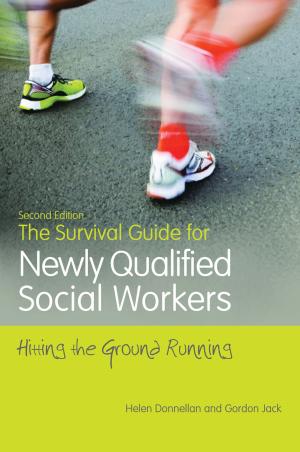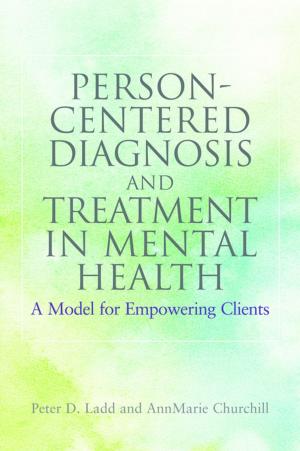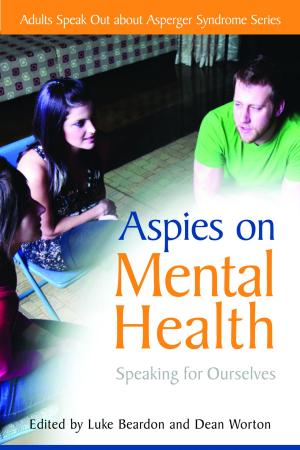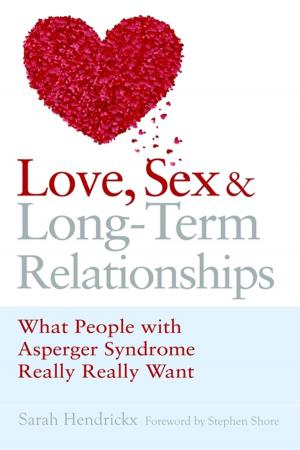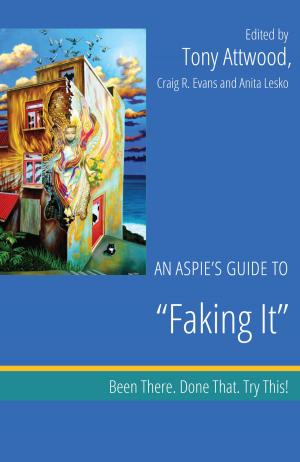Music Therapy and Traumatic Brain Injury
A Light on a Dark Night
Nonfiction, Health & Well Being, Medical, Specialties, Internal Medicine, Neurology, Psychology, Psychotherapy| Author: | Simon Gilbertson, David Aldridge | ISBN: | 9781846428289 |
| Publisher: | Jessica Kingsley Publishers | Publication: | July 15, 2008 |
| Imprint: | Jessica Kingsley Publishers | Language: | English |
| Author: | Simon Gilbertson, David Aldridge |
| ISBN: | 9781846428289 |
| Publisher: | Jessica Kingsley Publishers |
| Publication: | July 15, 2008 |
| Imprint: | Jessica Kingsley Publishers |
| Language: | English |
Musical improvisation is an increasingly recognised rehabilitative therapy for people who have experienced traumatic brain injury initially thought to be `unreachable' or `non-responsive'.
Music Therapy and Traumatic Brain Injury demonstrates how music therapy can be used to attend to the holistic, rather than purely functional, needs of people affected by severe head trauma. Divided into three parts, the first section provides an introduction to the effects brain injury has on a person's livelihood. The second is a comprehensive review of available literature on the use of music therapy in the neurorehabilitative setting. The final section examines three case studies designed according to `therapeutic narrative analysis', an adaptive research method that uses interviewing and video, which focuses on the unique relationship between the professional and the patient.
This book will give clinicians key notes for practice and a vision of the integral role music therapy can have in the successful rehabilitation from brain injury.
Musical improvisation is an increasingly recognised rehabilitative therapy for people who have experienced traumatic brain injury initially thought to be `unreachable' or `non-responsive'.
Music Therapy and Traumatic Brain Injury demonstrates how music therapy can be used to attend to the holistic, rather than purely functional, needs of people affected by severe head trauma. Divided into three parts, the first section provides an introduction to the effects brain injury has on a person's livelihood. The second is a comprehensive review of available literature on the use of music therapy in the neurorehabilitative setting. The final section examines three case studies designed according to `therapeutic narrative analysis', an adaptive research method that uses interviewing and video, which focuses on the unique relationship between the professional and the patient.
This book will give clinicians key notes for practice and a vision of the integral role music therapy can have in the successful rehabilitation from brain injury.

